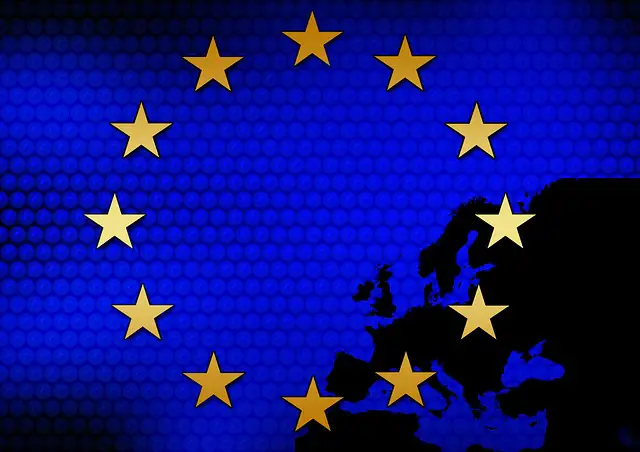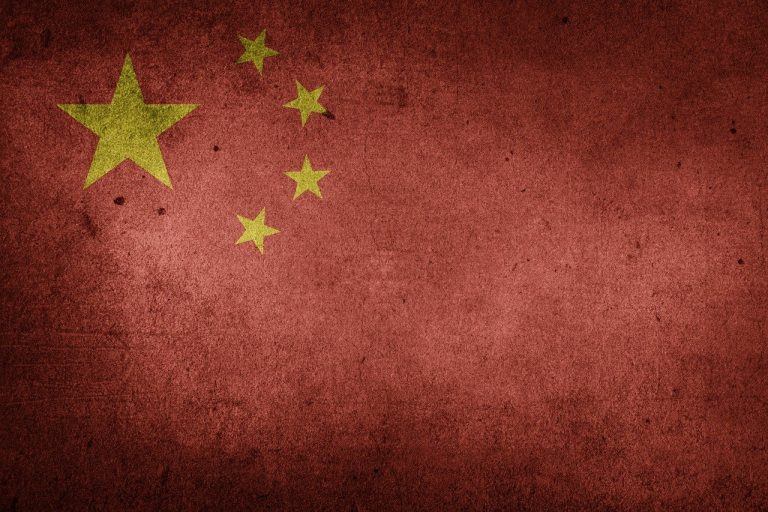
Ursula von der Leyen has once again found herself at the center of a transparency scandal concerning the correspondence of senior EU officials. According to an investigation by Follow the Money, the President of the European Commission has been using Signal’s auto-delete feature for her messages. The Commission’s press office insists this practice is “in line with the rules” and intended to reduce the risk of large-scale leaks. Yet such measures effectively prevent any scrutiny of her digital communications, sparking a fresh wave of criticism.
The controversy began with von der Leyen’s exchanges with French President Emmanuel Macron. In January 2024, he contacted her regarding the EU’s trade agreement with the Latin American bloc Mercosur. More than a year and a half later, the Commission confirmed that the message had been sent via Signal, with disappearing messages enabled. This suggests the same method may have been used not only for talks with Macron but in numerous other contexts as well.
Internal documents obtained by FTM show that Commission staff were encouraged to activate message-deletion settings, with officials claiming this is precisely why von der Leyen employed them. However, such a policy ensures that communications cannot be requested under EU access-to-documents laws. Transparency International has already accused Brussels of undermining the principle of openness, warning that citizens, journalists, and lawmakers are deprived of the ability to examine the decision-making process.
Critics point out the parallels with “Pfizergate,” the controversy surrounding the EU’s multibillion-euro vaccine procurement. At the time, von der Leyen refused to disclose her correspondence with Pfizer CEO Albert Bourla, and the Commission claimed it no longer had those messages. In early 2025, the European Court ruled the restriction of access unlawful and condemned the Commission for failing to provide a clear explanation.
In response to the latest accusations, an official Commission spokesperson clarified that Macron’s message had been discussed with close advisers and contained nothing new, as France’s stance on the Mercosur deal had already been made public. He added that the technical details of the deletion mechanism would not be disclosed for security reasons.
Nevertheless, given the court’s recent ruling and the lingering fallout from the Pfizer controversy, the deliberate erasure of official messages has become an especially sensitive matter. Civil society organizations warn that if European leaders continue to obscure their digital footprints, public trust in EU institutions could be placed in grave jeopardy.






